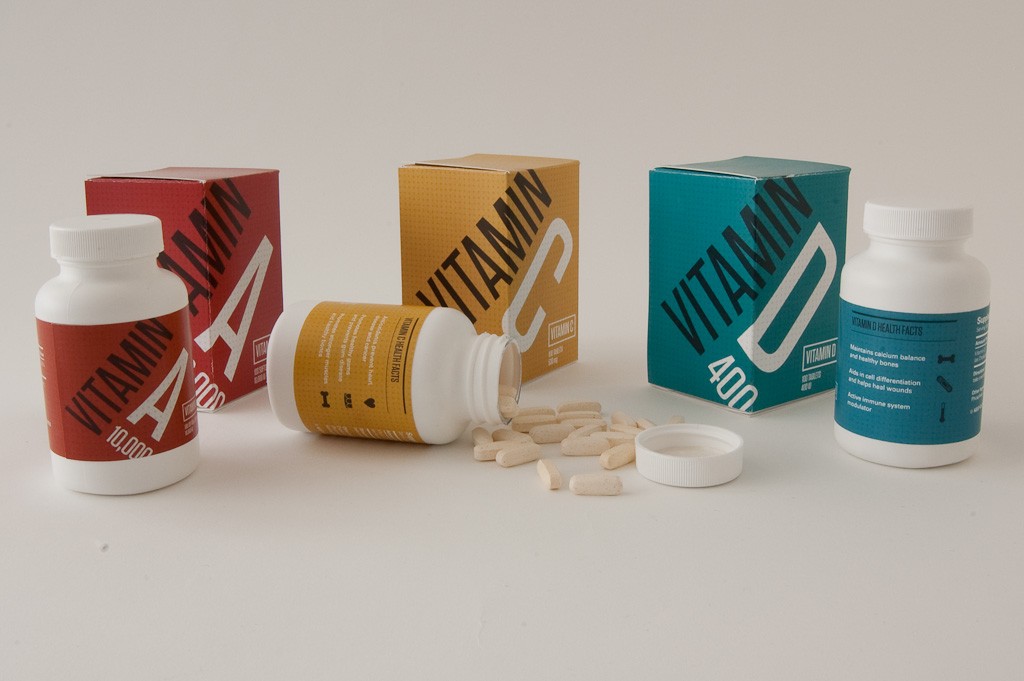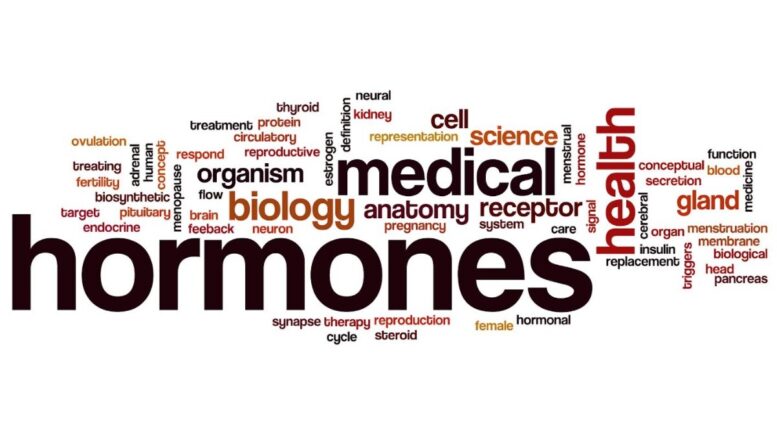It’s normal to feel some morning sickness during pregnancy, especially in the first trimester. But if you’re suffering from symptoms that are atypical for pregnancy, a nutrient deficiency could be the cause.
Eating nutritiously is easier said than done, but if you’re eating for two—or hoping to be soon—it’s even more important to ensure your body is getting the proper nutrients. Maintaining your and your baby’s health means monitoring your fruit, veggie, dairy, and protein intake. Nutrient deficiencies aren’t unusual during pregnancy, even if you have been eating right. In fact, 90 to 95% of pregnant women are deficient in at least one key nutrient. Because your baby gets all of its nutrients from you, your body uses up more nutrients than usual. According to the Academy of Nutrition and Dietetics, most pregnant women need to consume an extra 340 calories in the second trimester and 450 calories during the third trimester. A woman’s body burns more calories when she’s pregnant, so more needs to be consumed.
It’s understandable, then, that empty calories won’t provide the necessary nutrients to support your baby’s growth. You can also take fertility supplements women to further boost your health. When you’re in the midst of preparing for your baby’s arrival, choosing names, and buying cute baby clothes, cooking up a nutritious meal for yourself probably isn’t the first thing on your mind.
You may have noticed some concerning symptoms during your pregnancy that point to a nutrient deficiency, especially if you haven’t been eating well or have a family history of certain conditions. Read on to find out what to eat to help improve your health—and your baby’s—and make sure to talk with your doctor about your specific health history and needs.
Iron
Iron deficiency is the top nutritional deficiency in the world (World Health Organization). If you’re experiencing severe hair loss, headaches, dizziness, and coldness, you may be suffering from an iron deficiency. Your body needs extra blood during pregnancy to prevent birth defects in the spinal cord. Iron and folic acid are both essential ingredients in blood. Folic acid can be found in dark green leafy vegetables, beans, peanuts, sunflower seeds, whole grains, liver, and seafood, while iron-rich foods include red meats, chicken, fish, and spinach.
Choline
Choline, an ingredient mostly found in eggs, helps develop your baby’s brain and central nervous system. Choline can also be found in meats, fish, dairy, navy beans, Brussels sprouts, and broccoli. Most fertility supplements women do not contain the daily recommended amount of choline for a pregnant woman—550 milligrams. If you’re experiencing brain fog, nerve tingling, muscle twitching, or difficulty concentrating, you may need to add more choline to your diet.
Calcium
Calcium deficiency can cause you to feel sluggish, fatigued, lightheaded, dizzy, unfocused, and restless, although many cases have no obvious symptoms. Proper levels of calcium are essential for your baby’s bone, teeth, and muscle growth. Make sure to look for calcium-rich foods that are pasteurized such as milk, cheese, yogurt, broccoli, tofu, and almonds.

Vitamin A
Most fruits and vegetables contain either Vitamins A, C, D, or E and positively contribute to the health of your baby. Vitamin A is a vital ingredient in developing your baby’s immune system and improving their vision. Leafy green vegetables contain Vitamin A—as well as a plethora of other necessary nutrients. Tomatoes, red bell paper, cantaloupe, mango, milk, and eggs are also great foods to increase your Vitamin A levels. Night blindness and dry eyes are two of the major symptoms of Vitamin A deficiency.
Vitamin C
Vitamin C deficiency isn’t very common, but symptoms can include bruising, bleeding gums, weakness, fatigue, and a loss of appetite. You probably know that citrus fruits like oranges, lemons, kiwi, and grapefruit are helpful in maintaining your Vitamin C levels. Bell peppers, strawberries, tomatoes, and white potatoes can also help. Vitamin C helps develop babies’ teeth and bones in addition to supporting tissue repair and wound healing for you after pregnancy.
Vitamin D
If you think you’re deficient in Vitamin D, you’ve probably been told to spend more time in the sunlight. While this can help, make sure you plan your hours in the sun carefully. Too much exposure to the sun during pregnancy can actually decrease your folic acid levels. Symptoms of Vitamin D deficiency include muscle weakness and cramps, fatigue, and changes in mood. You can also supplement your Vitamin D intake with prenatal vitamins and foods like salmon, tuna fish, sardines, and beef or cod liver.
Vitamin E
Foods rich in Vitamin E include nuts and seeds like sunflower seeds, almonds, peanuts, and peanut butter. Greens, pumpkin, and red bell pepper are also helpful. Vitamin E helps your baby’s immune system fight germs and keeps its blood flowing normally. You may be deficient in Vitamin E if you have noticed symptoms of a weak immune system in yourself. Loss of feeling and muscle weakness in the arms and legs are also common.
These are just a few of the most common nutrient deficiencies and symptoms found in pregnant women. Fertility supplements women are a great way to make sure you and your baby are receiving all of the proper vitamins and nutrients in appropriate dosages. Many fertility supplements women include Vitamins A, C, D, and E as well as other crucial vitamins like zinc, magnesium, copper, and riboflavin. Check with your doctor to see which fertility supplements women are right for you!
